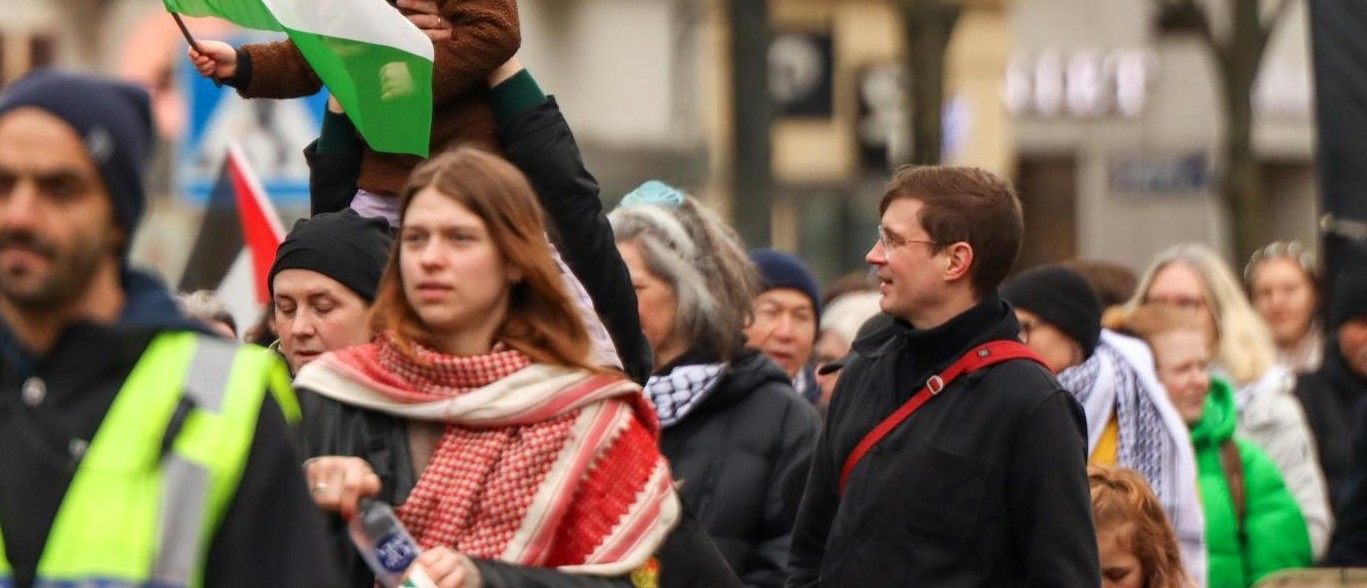Police to Gain Wider Powers to Restrict Repeat Protests as Arrests Rise Across the UK

Home Secretary Vows Clampdown Whilst Maintaining Right to Protest
Continuing this weekend’s public order theme, news has also emerged that police across England and Wales are set to receive expanded powers to restrict or relocate repeat protests, following widespread unrest and almost 500 arrests at demonstrations over the weekend.
The Home Office says the new measures are aimed at protecting public safety while ensuring the right to protest remains intact.
However, civil rights groups have raised concerns over the potential impact on freedom of expression.
Balancing the Right to Protest with Public Safety
The government confirmed that senior police officers will soon be able to consider the “cumulative impact” of previous protests when deciding whether to impose restrictions.
This means events could be relocated, shortened, or have additional conditions attached if a particular area has faced repeated disruption or community tension.
Home Secretary Shabana Mahmood told the BBC that the powers were not a ban on demonstrations, but a necessary step to
“balance the freedom to protest with the freedom of others to live without fear or intimidation”.
She emphasised that recent events had left some communities – particularly within the UK’s Jewish population – “feeling unsafe and afraid to leave their homes”.
Background: Protests and Arrests
The announcement came a day after almost 500 protesters were arrested during demonstrations in central London.
The protests were organised in response to the government’s decision to proscribe Palestine Action as a terrorist organisation earlier this year.
Participants were warned in advance that public order resources were already stretched following the deadly attack outside a Manchester synagogue on Yom Kippur, in which two people were killed.
Many of those arrested were held on suspicion of supporting a proscribed organisation – an offence under the Terrorism Act 2000 which can carry a prison sentence of up to ten years.
Others were detained for public order offences, such as refusing to disperse when directed or obstructing police activity under the Public Order Act 1986.
What New Powers Are Under Review?
Under existing law, police can ban a march entirely only if there is a serious risk of disorder or disruption.
The new proposals would go further, allowing officers to impose restrictions on protests held repeatedly in the same area or deemed to have a cumulative impact on public order.
These could include limiting duration, location, or size – or moving the event altogether.
The Home Secretary has ordered a full review of protest legislation to ensure that police powers are “sufficient, consistent, and effective”.
This review may also consider extending powers to ban protests outright in exceptional circumstances.
Concerns from Civil Rights Groups
Human rights organisations, including Amnesty International UK, have criticised the arrests made under the current protest framework.
The charity said police “should not be detaining people for peacefully sitting down or holding signs”, warning that such actions risk undermining the right to peaceful assembly protected under the Human Rights Act 1998.
Groups such as Defend Our Juries – which organised Saturday’s protests – accused the government of “silencing opposition” and using the proscription of Palestine Action to criminalise dissent.
The Home Office, however, maintains that the measures are about public safety, not censorship.
Policing Protests: The Legal Context
The policing of demonstrations has become one of the most scrutinised areas of modern criminal law.
Under the Public Order Act 2023, police already have powers to restrict protests that cause “serious disruption to the life of the community”.
The proposed changes would give police additional authority to apply these powers pre-emptively – especially in areas that have experienced sustained unrest.
Legal experts warn that this could lead to more frequent arrests for breaching protest conditions, an offence that carries penalties ranging from fines to custodial sentences.
Defence lawyers emphasise the importance of protesters understanding the conditions imposed upon them since even unintentional breaches can result in criminal liability.
Government and Political Reaction
Conservative leader Kemi Badenoch welcomed the proposed changes but criticised the timing, saying
“The government must prove it has the backs of Jewish people. Free speech must exist within the bounds of the law – protest cannot be a licence to intimidate or incite hatred.”
Meanwhile, Mahmood said she was “deeply concerned” about rising community tensions and would write to all chief constables urging them to use “the full extent of their powers” to prevent disorder and protect vulnerable groups.
Implications for Protesters and Police
The introduction of broader protest powers marks another step in the growing debate between civil liberty and public protection.
For police, it could provide greater flexibility in preventing escalation and managing resources.
For demonstrators, however, it means greater responsibility to comply with conditions and a higher risk of arrest if they fail to do so.
Ultimately, while the right to protest remains a cornerstone of democracy, the criminal justice system continues to evolve to address new challenges – particularly as tensions rise around issues of national security, religion, and political expression.
How We Can Help
For advice on any aspects of legal representation for public order offences – call us now on 0161 477 1121 or email us.


